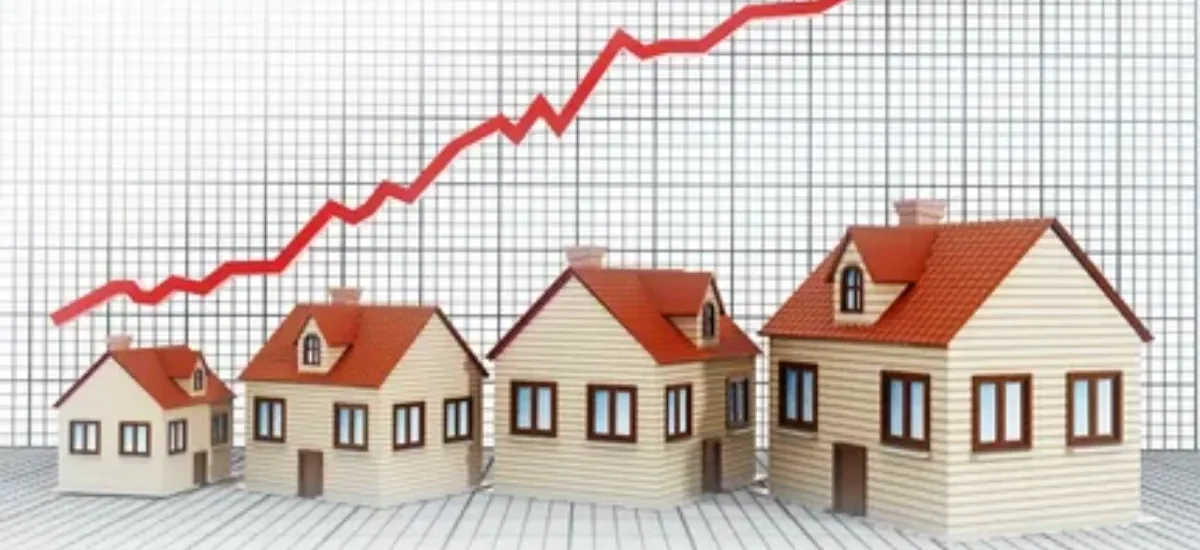Understanding the Current Housing Market

The housing market is a cornerstone of economic activity, influencing not only individual financial well-being but also broader economic stability. In recent times, there has been a noticeable trend of growing calls for government intervention to slow down house price gains. This article delves into the various facets of this phenomenon, examining the dynamics of house price growth, the role of government intervention, factors driving such calls, and potential solutions.
Exploring the Dynamics of House Price Growth
House price growth is a multifaceted phenomenon influenced by numerous factors including supply and demand dynamics, economic conditions, population growth, and governmental policies. In recent years, many regions worldwide have experienced significant increases in house prices, leading to concerns about affordability and social equity.
The Role of Government Intervention in Real Estate Markets

Government intervention in real estate markets can take various forms, ranging from direct regulations such as rent controls and property taxes to indirect measures like fiscal policies and housing subsidies. The primary goal of such intervention is often to ensure housing affordability, promote sustainable development, and mitigate market distortions.
Factors Driving Calls for Government Intervention
Several factors contribute to the growing calls for government intervention in slowing down house price gains. These may include rapid urbanization, speculative investment activities, low housing supply, rising inequality, and concerns about financial stability. As house prices soar beyond the reach of many, the pressure on governments to take action intensifies.
Impact of House Price Gains on Society

The consequences of skyrocketing house prices extend beyond individual homeownership. They can have profound effects on society, exacerbating wealth inequality, fostering financial instability, and hampering social mobility. Moreover, unaffordable housing can strain social services, disrupt communities, and impede economic growth.
Types of Government Intervention in Housing Markets
Governments employ various tools to intervene in housing markets, each with its own strengths and limitations. These tools may include zoning regulations, affordable housing mandates, subsidies for first-time homebuyers, tax incentives, and direct investment in public housing.
Pros and Cons of Government Intervention

While government intervention can address market failures and promote social welfare, it also carries risks and trade-offs. Direct regulations may stifle market innovation and hinder investment, while subsidies can be costly and inefficient if not well-targeted. Striking the right balance between intervention and market autonomy is crucial.
Case Studies: Countries with Effective Housing Policies
Several countries have implemented successful housing policies that effectively manage house price growth while ensuring housing affordability and social inclusion. Examples include Singapore’s public housing program, Germany’s rental market regulations, and Canada’s mortgage stress test measures.
Challenges in Implementing Government Intervention

Implementing effective government intervention in housing markets is not without challenges. Political resistance, bureaucratic inertia, vested interests, and unintended consequences are common obstacles that policymakers must navigate. Moreover, housing markets are inherently complex and interconnected with other sectors of the economy.
Balancing Market Forces and Government Regulation
Achieving a balance between market forces and government regulation is crucial for sustainable housing markets. While markets should operate efficiently to allocate resources and spur innovation, governments have a responsibility to ensure fairness, stability, and long-term prosperity for all members of society.
Potential Solutions Beyond Government Intervention

In addition to government intervention, other solutions can contribute to addressing housing affordability challenges. These may include promoting alternative housing models such as cooperative housing and community land trusts, incentivizing sustainable development practices, and fostering inclusive urban planning.
The Importance of Public Discourse and Policy Advocacy
Public discourse and policy advocacy play a vital role in shaping housing policies and holding governments accountable. Engaging stakeholders, including residents, community organizations, academia, and industry players, fosters informed decision-making and promotes democratic governance in housing matters.
Navigating the Path Forward for Sustainable Housing Markets

In the growing calls for government intervention to slow down house price gains underscore the urgency of addressing housing affordability challenges. While government intervention can be a powerful tool in this endeavor, it must be implemented judiciously, taking into account market dynamics, societal needs, and long-term sustainability goals. By fostering collaboration, innovation, and inclusive policymaking, we can navigate the path forward towards more equitable and resilient housing markets.
Click here for more visited Posts!



